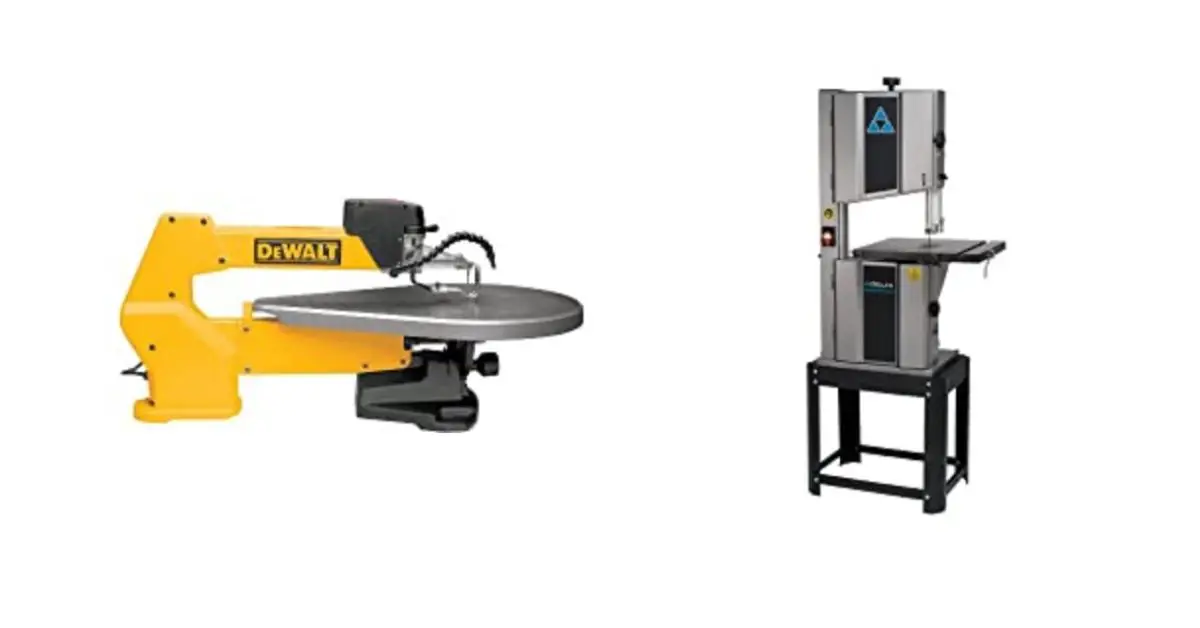Power Tools
Biscuit Joiner vs Domino Which is Best?
Biscuit joiner or domino joiner - which one is right for your next project?
Making clean, square and strong joins is certainly something to be proud of in the craft of woodworking.
Although you can use traditional hand tools to make mortise and tenon joints using dowels or biscuits to make your joints can speed up your work significantly.
A biscuit joiner once set up correctly is a much quicker way to join two panels for example.
However biscuit do not provide quite as much strength as a dowel type joint.
However there is something in between the two - a Domino.
Festool developed what is known as a Domino joiner. A Domino gives you all of the strength of a dowel type join and also gives you the added bonus of being usable in much smaller joins unlike a biscuit.
Biscuit Joiner vs Domino joiner
The difference between using a good biscuit joiner and a Domino joiner is:
- Biscuit - Good for alignment, faster, not as strong and cheaper
- Domino - Much stronger, more expensive and a little slower to use
Biscuit Joiner
Biscuit joins are generally quite limited in the number of applications that they can have.
A biscuit does not offer much strength due to the fact that the biscuits are normally quite thin and their shape which is usually a thin flat piece can be quite easy to break across the flattest plane.
Where they are most useful is joining two large boards together. For example when joining to large sheet boards that make up each half of a table top.
It is the biscuit join that is used more often than not in this scenario as it can really help with alignment which is certainly crucial for something so visible as a table top.
Domino Joiner
A Domino joiner is somewhat of a hybrid between two different types of joins; a biscuit join and a more tradition dowel joint.
Although a Domino will cut mortises in a similar way to a biscuit joiner the actual shape of the mortise is specifically designed to only accept the Domino tenon.
The tenon is much thicker and stronger than a traditional biscuit. This added strength is one of the major benefits of a Domino joiner over a biscuit joiner.
The most obvious disadvantage of a Domino joiner versus the biscuit joiner is the cost.
A Festool Domino joiner is extremely expensive and a high quality biscuit joiner can be up to 1/5 the rice of the introductory Festool model.
That being said they are made to a very high quality standard. And should last years of usage even in a commercial setting.
If you are a professional woodworker who builds a lot of furniture then the Domino joiner is really the one that makes the most sense.
They allow you to make quite, accurate and easily repeatable joins over and over all day long.





